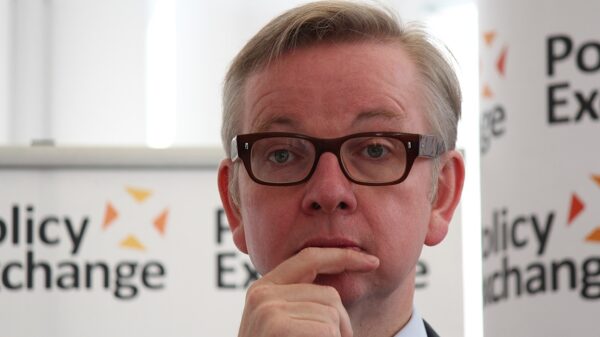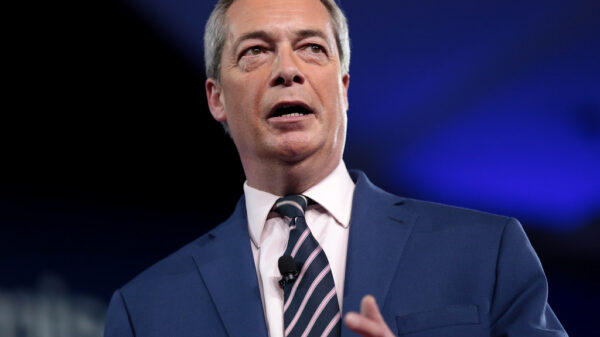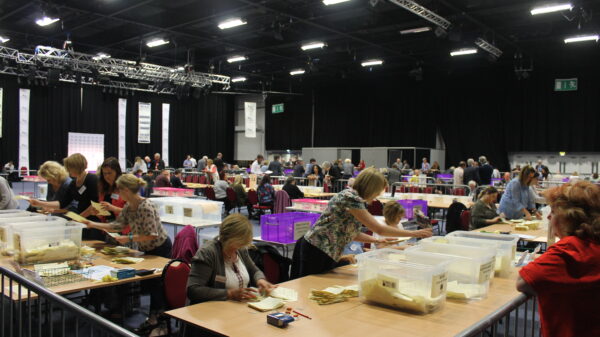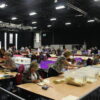Features Editor Ishaan Rahman on how no party emerged dominant after Canada’s chaotic election and what challenges the new, fractured government will face
Canada recently had a snap General Election called by Prime Minister Justin Trudeau. Held on September 20th, Trudeau scheduled the vote with the intention of winning back a majority government that he had lost in 2019.
After his largely-popular handling of the Coronavirus pandemic, where Canada saw relatively fewer deaths and cases than most developed countries, Trudeau’s Liberal Party was polling sky-high. However, when the election was called in August, many saw it as a power grab. The situation changed so drastically that the Conservatives took the lead in the polls.
In the end, the result saw no major accomplishments for any party. The Liberals failed to get the majority they craved, the Conservatives did not make significant gains and third parties, hoping to cut through, remain largely irrelevant. Justin Trudeau will continue to be Prime Minister of a Liberal minority government.
Liberals fail to justify their election call
Trudeau’s gambit may remind Britons of another Prime Minister who overplayed their hand by calling an election and emerged weaker: Theresa May. As the Labour Party was bitterly divided over Brexit and their controversial leader Jeremy Corbyn, the Tories saw an opening in 2017. However, their campaign, promising “strong, stable leadership”, fell flat and they ended up losing their majority in the House of Commons.
The story was largely similar in Canada. The Liberals found themselves clueless in justifying their election. The Conservatives and left-wing New Democratic Party attacked Trudeau for putting Canadians at risk during a pandemic simply for political gain. Trudeau’s scandals around blackface and corruption returned to the centre-stage, overshadowing the growth in personal popularity he saw during the pandemic.
The Liberals also failed to translate their popular handling of the pandemic to actual votes. In other words, just because someone approved of Trudeau’s job did not mean they were enthusiastic enough to go vote for him. This was, in part, due to continued caution with the pandemic. But the Liberals were also unable come up with any signature policies. From flashy infrastructure projects conveniently built in battleground electoral districts to new spending on public services, nothing seemed to stick and always came across as a tool for political gain rather than a genuine solution to voters’ problems. Not to mention, other major parties, including the Conservatives who are usually deficit hawks, promised to spend more too. As a result, the Liberals could not set themselves apart. In the first few weeks of the campaign, the Conservatives began to take the lead in the polls.
Conservatives search for a new identity
But the Tories would fail to make a mark as well. Their leader, Erin O’Toole, aimed to detoxify his party’s image. The party has lost significant support after the last Conservative Prime Minister, Stephen Harper, oversaw unpopular cuts to public services and divisive new laws that were derided as “racist” and “Islamophobic”. After Harper’s landslide defeat in 2015, the party has been conflicted as to whether they should double-down on their right-wing message or attempt to win back centrist voters.
O’Toole’s leadership has followed the latter philosophy. He’s focused on bread-and-butter issues such as food prices and making broadband more affordable. This is in marked contrast to other right-wing parties across the west which tend to rely on cultural divides around immigration, LGBT rights and identity politics. However, the Conservatives’ strategy had its shortcomings as well.
Many voters didn’t know what the party stood for. Moreover, concerns over climate change in Canada also put the Conservatives on the defensive as they had opposed Trudeau’s signature carbon tax policy while supporting the construction of new oil pipelines. This won them record support in the province of Alberta, where the oil industry is vital to the economy but failed to garner support from moderate voters in Ontario and British Columbia, two more populous provinces. As the results came in, the Conservatives had made no gains or losses though they did win the popular vote. O’Toole’s future as the party leader is still undecided.
Third Parties fall short
Canada’s third parties also saw largely disappointing results. That said, the New Democratic  Party (NDP), which positions itself to the left of the Liberals, will be the kingmaker in the next Parliament as the Liberals fell short of their majority. Their leader, Jagmeet Singh, has said he will issue demands to Trudeau in exchange for his support in forming a government. But Singh, himself, may also be in trouble. Polls predicted the NDP making gains of over ten seats but, at the time of writing, the party has only picked up one. After two disappointing election cycles, the party may grow tired of Singh, whose charisma seems to yield no tangible results.
The Bloc Quebecois, a nationalist party that wants the French-speaking province of Quebec to separate from Canada, mostly maintained their strong position. The Green Party, which faced internal chaos at the beginning of the campaign, had a dismal result that saw them lose a seat even as Canadians’ concerns over climate change reach boiling point. Lastly, the far-right People’s Party, led by Maxime Bernier, a Tory defector, garnered an impressive 5% of the popular vote though will not have any representation in Parliament. It’s likely that disaffected Conservatives lent their vote to Bernier.
Coalition of chaos
Canada’s election has left its government much the same as it was before: with a Liberal minority government that could be ousted at any time if opposition parties band together. There are still many questions that remain unanswered over Trudeau’s future as Liberal Party leader and PM, how the Conservatives can win back power after three straight election losses and if Canadians have confidence in their political system.
As unstable as it may be, the incoming government faces many challenges. This includes rolling out third Covid-19 jabs for vulnerable Canadians, rebuilding the economy after imposing some of the harshest pandemic restrictions in the world, and pursuing reconciliation with Indigenous peoples. In short, Trudeau’s goal to get a majority government remains unrealised but, in the absence of an effective opposition, he remains the default Prime Minister.
For the full results of the 2021 Canadian Election with live updates see here.Â


















